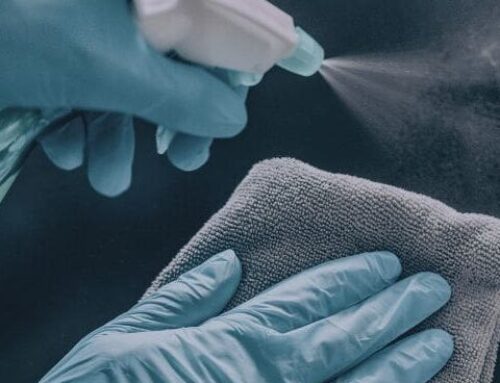The hygiene hypothesis proposes that infections by microorganisms in youth help to prevent allergic conditions and other auto-immune disorders later in life. The main evidence supporting the hygiene hypothesis is the increase in the incidence of allergies and asthma in wealthy, industrialized regions such as Europe and the United States from the late 1800’s to the present, which have reduced exposure to microorganisms through water treatment, surface disinfection, and hand hygiene. The phenomenon has been observed recently in countries like Ghana.
So-called “excessive hygiene,” which includes routine use of hand sanitizers and surface disinfectants, has been cited as a proximate cause of increased allergy and asthma in developed nations. Recent data, however, has prompted a refinement of the hygiene hypothesis. Scientists now believe that a diverse gut microbiome coupled with exposure to intestinal parasites is the best protection against allergy and asthma later in life. The rationale is these childhood exposures teach the immune system how to differentiate dangerous microbes from harmless allergens. To be clear, there is no current evidence that exposure to common childhood diseases in developed countries such as norovirus, rhinovirus, or Streptococcus provide similar benefits, or that infections in youth prevent infections by other microorganisms later in life.
In light of current data, avoiding unnecessary antibiotic treatments (which dramatically reduce the diversity of gut flora) seems wise. Intentionally acquiring parasitic intestinal infections is probably not wise, given the multitude of other risks associated with such infections.




